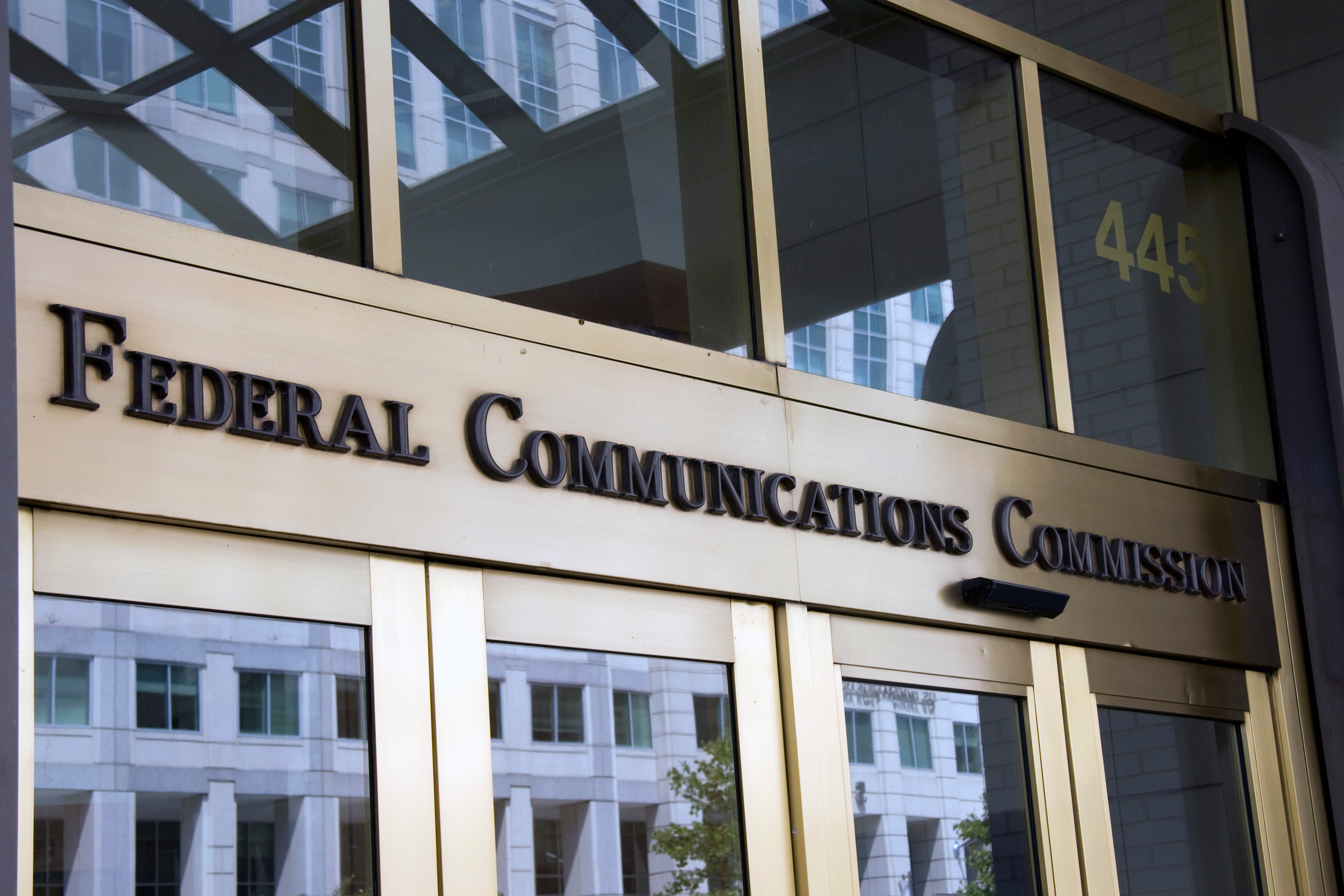FCC Approves Ligado Terrestrial Broadband Service

The smarter way to stay on top of the multichannel video marketplace. Sign up below.
You are now subscribed
Your newsletter sign-up was successful
Despite pushback from GPS entities and some federal agencies, the FCC has unanimously voted to approve Ligado's application to deploy a low-power terrestrial 5G network in the L-Band satellite spectrum.
Related: FCC Proposes Approving Ligado Application
The item was circulated last week by FCC chairman Ajit Pai.
“I thank my colleagues for coming together on a bipartisan basis to support Ligado’s application,” said Pai in a statement. “The vote at the Commission reflects the broad, bipartisan support that this order has received, from Secretary of State Mike Pompeo and Attorney General William Barr on the one hand to Senator Mark Warner of Virginia and Congresswoman Doris Matsui of California on the other. This vote is another step forward for American leadership in 5G and advanced wireless services.”
GPS companies and users had pushed back on the application, saying they could face interference to critical services, but FCC engineers said that harmful interference could be avoided, including by requiring a guard band of spectrum between Ligado and adjacent-band GPS and a 99% reduction in power levels from Ligado's 2015 application.
Airline interests including plane builders, pilots, air transport companies and airlines including Jet Blue, Delta, and Southwest last week petitioned the FCC to dismiss the Ligado application.
Ligado, formerly LightSquared, The company has been trying to launch a terrestrial wholesale wireless broadband service using spectrum initially licensed for satellite for almost a decade. Back then it was for a 4G network.
The smarter way to stay on top of the multichannel video marketplace. Sign up below.
"Ligado thanks the Commissioners for moving promptly to approve the order regarding our applications," said Ligado President Doug Smith. "We greatly appreciate their unanimous support as well as the expert engineering analysis determining that a terrestrial network can be deployed in the L-band to advance our country’s economic and security interests while fully protecting GPS. Our spectrum can be very instrumental in the transition to 5G, and we look forward to utilizing satellite and terrestrial services to deploy customized private networks and deliver innovative, next-generation IoT solutions for the industrial sector."
“The GPS Innovation Alliance (GPSIA) is deeply disappointed by today's decision, which appears to ignore the well-documented views of the expert agencies charged with preserving the integrity of GPS, specifically on the critical issue of what constitutes harmful interference to users of Global Navigation Satellite Systems (GNSS)," said that group. "GPSIA has consistently advocated for adoption of the 1 dB Standard as the only reliable mechanism that provides the predictability and certainty to ensure the continuation of the GPS success story, with the support of the Department of Defense, the Department of Transportation and numerous other federal agencies. The 1 dB Standard for radiofrequency-based services is critical for GNSS. The FCC’s press release refers to conditions placed on Ligado's application to prevent harmful interference and GPSIA and its members intend to carefully review the details of today's order while continuing to vigorously advocate for promoting, protecting and enhancing GPS."
Contributing editor John Eggerton has been an editor and/or writer on media regulation, legislation and policy for over four decades, including covering the FCC, FTC, Congress, the major media trade associations, and the federal courts. In addition to Multichannel News and Broadcasting + Cable, his work has appeared in Radio World, TV Technology, TV Fax, This Week in Consumer Electronics, Variety and the Encyclopedia Britannica.

